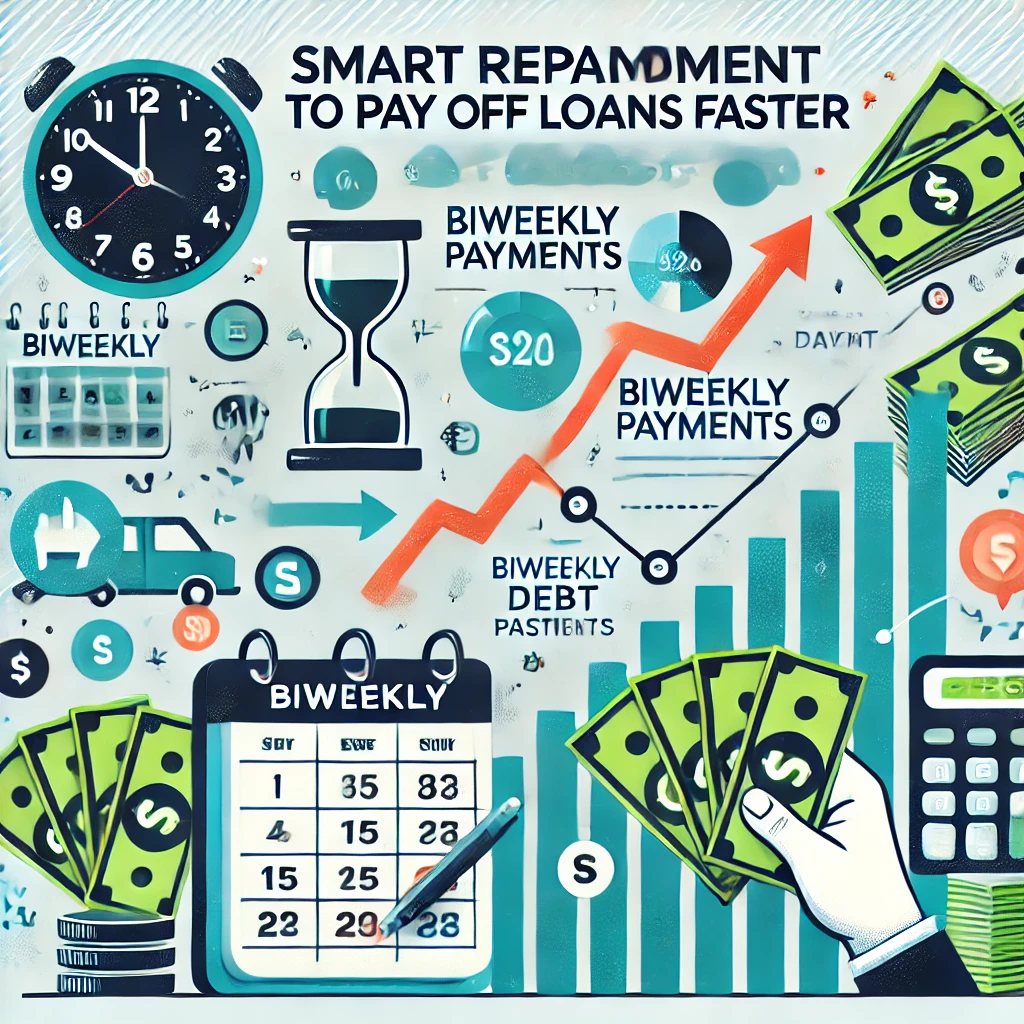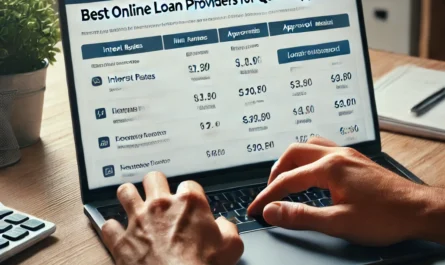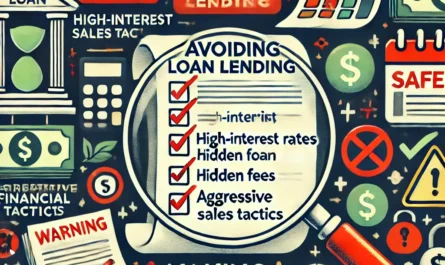Loans can be a crucial financial tool, helping you achieve significant milestones like buying a home, going to college, or starting a business. But carrying the burden of debt for too long can take a toll on your finances. The good news is that with a few smart repayment strategies, you can pay off your loan faster, reduce the amount of interest you pay, and free yourself from the constraints of debt sooner than you thought possible.
In this article, we’ll explore how you can accelerate your loan repayments, save money on interest, and finally become debt-free. Let’s dive into the details.
Why You Should Aim to Pay Off Your Loan Faster
Carrying a loan for an extended period may seem manageable, especially when monthly payments fit within your budget. But if you take a closer look at the interest you accumulate over the years, you’ll quickly realize why paying off your loan faster is worth the effort. Not only do you save on interest costs, but you also create more room in your budget for other financial goals. Whether you’re looking to improve your credit score, reduce financial stress, or simply gain more financial flexibility, paying off your loan early can have numerous benefits.
Smart Repayment Strategies for Paying Off Loans Faster
1. Make Extra Payments Whenever Possible
One of the simplest and most effective ways to pay off your loan faster is by making extra payments whenever you can. Every time you make an additional payment, you reduce the principal amount, which in turn reduces the interest you owe over time. Even small, regular extra payments can significantly shorten the life of your loan.
If you receive a bonus at work, a tax refund, or any unexpected financial windfall, consider putting that money towards your loan. This extra effort will add up over time and help you become debt-free faster.
2. Switch to Biweekly Payments Instead of Monthly
If you currently make monthly loan payments, consider switching to biweekly payments. By paying half of your monthly payment every two weeks, you end up making 26 payments per year, which equates to 13 full monthly payments. That extra payment each year can shave years off your loan term and save you a significant amount of money on interest.
Not all lenders offer biweekly payment options, so check with your lender to see if it’s possible. If not, you can create your own biweekly payment plan by setting aside money from each paycheck and making an extra payment manually.
3. Round Up Your Payments
Rounding up your loan payments is a subtle but effective way to chip away at your debt faster. For example, if your monthly payment is $458, round it up to $500. The extra $42 each month will directly reduce your principal, helping you pay off the loan faster. While it may not seem like much, over the life of the loan, this strategy can save you hundreds or even thousands in interest.
4. Refinance Your Loan to a Lower Interest Rate
Refinancing can be a powerful strategy if you qualify for a lower interest rate than what you’re currently paying. By refinancing, you can reduce the total interest you pay over the life of the loan, allowing you to allocate more of your payments towards the principal. This will help you pay off the loan faster.
However, refinancing may come with fees, and it may not make sense for every type of loan. Make sure you calculate the cost-benefit ratio before committing to this option. Look at your credit score, current interest rates, and any fees associated with the refinancing process to determine if it’s the right move for you.
5. Focus on the Loan with the Highest Interest Rate First
If you have multiple loans, the “debt avalanche” method can help you pay off your loans faster. This method involves focusing on paying down the loan with the highest interest rate first, while continuing to make minimum payments on other loans. Once the highest-interest loan is paid off, move to the next highest, and so on.
By prioritizing high-interest loans, you reduce the overall amount of interest you pay, allowing you to pay off your loans faster.
6. Take Advantage of Lump-Sum Payments
If your loan allows for lump-sum payments without penalty, take advantage of this feature. Some lenders penalize early repayment, so it’s important to review your loan agreement before making large, lump-sum payments. Paying off a large portion of your principal in one go can drastically reduce your loan term and the amount of interest you’ll owe.
7. Cut Back on Unnecessary Expenses and Redirect Funds to Your Loan
Look at your budget and identify areas where you can cut back on unnecessary expenses. Whether it’s eating out less often, reducing entertainment costs, or skipping that daily coffee, every dollar saved can be redirected to paying off your loan. Even modest cuts in your spending can free up significant amounts of money over time, which can be put toward extra payments.
8. Set Up Automatic Payments
Automatic payments can be a game-changer when it comes to staying on top of your loan repayments. Not only do they ensure that you never miss a payment, but some lenders may offer interest rate discounts for setting up auto-pay. Even a small reduction in your interest rate can help you save on interest and pay off your loan faster.
9. Avoid New Debt While Paying Off Existing Loans
One of the most effective ways to pay off a loan faster is to avoid taking on new debt. Each new loan or line of credit adds to your overall debt burden, making it harder to focus on paying down your existing loan. By holding off on new purchases and credit, you’ll be able to concentrate on accelerating your current repayment plan.
10. Increase Your Income and Allocate More Funds Toward Loan Repayment
If you’re serious about paying off your loan faster, increasing your income can be one of the most effective strategies. Whether it’s taking on a side gig, asking for a raise, or starting a small business, the extra income can make a big difference. The more you can allocate toward your loan repayment, the faster you’ll be able to pay it off.
You Can Also Read : How to Improve Your Credit Score to Qualify for Better Loan Terms
Understanding Loan Terms and How They Affect Repayment
When paying off loans, it’s essential to understand how your loan terms impact your repayment strategy. The length of your loan term, interest rates, and whether your loan has a fixed or variable rate all play significant roles in how quickly you can pay off the debt.
For example, longer loan terms may result in smaller monthly payments, but they also extend the amount of time you pay interest, meaning you’ll pay more in the long run. Shorter terms, while they might come with higher payments, reduce the total amount of interest paid, allowing you to pay off the loan faster.




